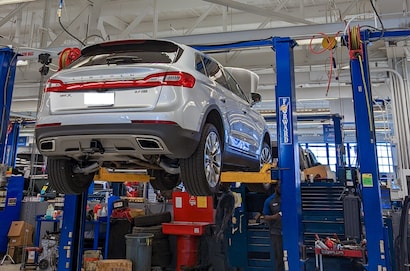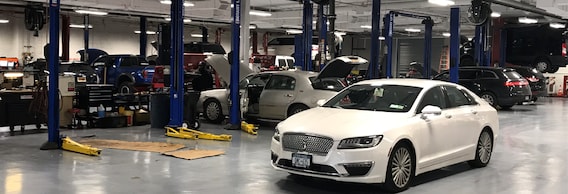When it's time to upgrade your vehicle, trading in your current car can help reduce the cost of your new purchase. Understanding how trade-in car value is determined and how to maximize it can guarantee get the best deal possible. This guide provides insights and tips to help you optimize your trade-in process.
Table of Contents
What Determines Your Trade-In Car Value?
Several factors influence the trade-in value of your car. Knowing these can help you optimize your preparation:
- Vehicle Condition: A carefully maintained car with minimal wear and tear will typically have a higher trade-in value.
- Mileage: Lower mileage often translates to less wear on the vehicle, increasing its value.
- Age: Newer vehicles usually have higher trade-in values, though some older models with high demand may retain value well.
- Market Demand: The popularity of your car's make and model can significantly impact its trade-in value.
- Vehicle History: A clean accident history and regular maintenance records can boost your car's trade-in value.
How to Increase Your Trade-In Car Value
Here are practical steps you can take to maximize your trade-in value:
- Clean Your Car: A thorough cleaning, both inside and out, can improve its appearance and potentially increase value.
- Address Minor Repairs: Fixing small issues like scratches, dents, or faulty lights can make your car more appealing.
- Provide Maintenance Records: Showing proof of regular maintenance can demonstrate that the car has been well cared for.
- Research Your Car's Value: Use online tools to estimate your car's trade-in value and set realistic expectations.
- Timing Matters: Trade in your car when demand for its make and model is high to get the best value.

Trade-In Process
The trade-in process typically involves the following steps:
- Vehicle Appraisal: The dealership will inspect your car to assess its condition and value.
- Offer Presentation: You will receive a trade-in offer based on the appraisal and market factors.
- Negotiation: Don’t hesitate to negotiate if you believe your car is worth more.
- Final Agreement: Once you accept the offer, the trade-in value will be applied to your new vehicle purchase.
To streamline the process, visit the official Lincoln website to explore trade-in options and tools available.
Benefits of Trading In Your Car
Trading in your car comes with several advantages:
- Convenience: Trading in is typically faster and easier than selling your car privately.
- Cost Reduction: The trade-in value is applied directly to your new purchase, reducing the overall cost.
- Tax Savings: In many states, you only pay sales tax on the difference between the new car's price and the trade-in value.
Conclusion
Maximizing your trade-in car value requires preparation and research. By understanding what factors influence value and taking steps to enhance your car's appeal, you can ensure a better trade-in offer. Learn more and begin the process by visiting the official Lincoln website or contacting your local dealership.

Navigation
Latest Posts
Highlighting Technology and Driving Experience
The Jake Sweeney Mazda Licensed Advantage
Experience Excellence at Jake Sweeney Mazda